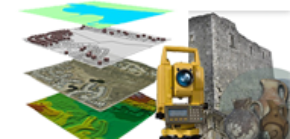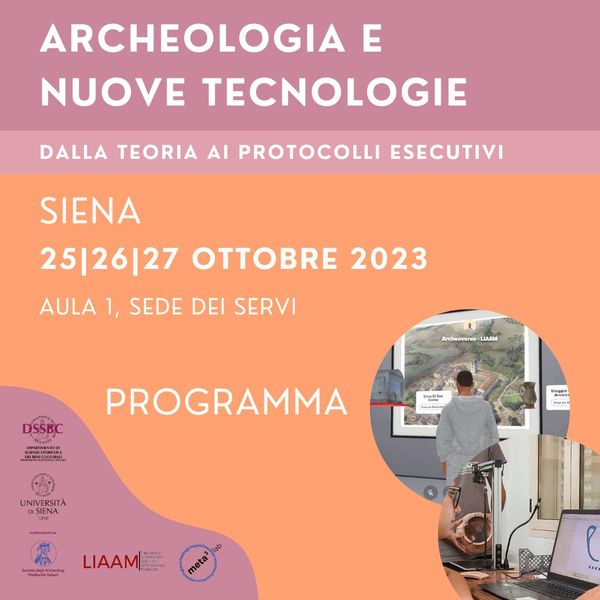from site:
We intend to host a workshop, on 11 to 13 December 2014, at Austrian Academy, Vienna. True to the nature of a workshop, the format will consist of a discussion of pre-circulated papers.
The political fragmentation of the Roman Empire also meant a reduction in the scope of economic, social and cultural relationships that had developed across different hierarchical levels and between distant places on Roman soil. New social and cultural relationships developed in the polities that followed the Roman Empire. Nonetheless, the survival of regional and interregional interactions assured certain homogeneity in political, cultural and social forms across post-Roman Europe. This phenomenon has been the topic of exciting academic debate in the last decade and different interpretations and methodological approaches have been proposed.
In this workshop, we intend to focus discussion especially on the issue of interactions beyond the local level between 300 and 800 CE in order to assess 1) to what extent these interactions were affected by the end of the Roman Empire as a political entity, and 2) how these connections contributed to lasting patterns that shaped the post-Roman world in social, cultural and political terms. We are interested in both Mediterranean-wide and smaller regional networks and would welcome papers that deal with all the regions of the (former) Roman Empire (including North Africa, Egypt, Syria, etc.) and its periphery (Ireland, Armenia, etc.).
The theme of this workshop has grown out of research undertaken through the ENFLAWE project (‘Episcopal Networks and Fragmentation in Late Antique Western Europe’). Funded by the EU-Marie Curie Actions and hosted at the Division for Byzantine Research (Institute for Medieval Research, Austrian Academy of Sciences-OEAW) this project analyses episcopal interactions in the late fourth and fifth century from a social network approach.
We would like to invite proposals from colleagues for papers on any of the following topics.
- Functioning and structure of regional and trans-regional networks (aristocratic, ecclesiastical,
diplomatic, familiar, etc.):
- Tensions between individual agency and structural constraint: how did new social
relationships and regional networks affect individuals’ social and political strategies?
- Interactions and social capital: how were extra-local networks used for constructing
authority and prestige at the local level and beyond?
- Tensions between individual agency and structural constraint: how did new social
- Symbolic interactions (secular or episcopal letters, relic distribution, gift exchange, etc.):
- Interactions and identity: how effective were these extra-local relationships for constructing and displaying cohesion and belonging?
- Cultural mobility: critical evaluation of Greenblatt’s model of mimetic capital and Christopher Gregory’s work on gift and commodity exchange
- Changing horizons in the late- and post-Roman World:
- Tensions between centre and periphery: did the end of the Roman Empire change the
relationship between centre(s) and periphery/ies?
- How did contemporaries conceptualise geographical distance and explain the process of
fragmentation?
- Tensions between centre and periphery: did the end of the Roman Empire change the
If you are interested in proposing a paper, please send a 400-word abstract indicating
- a) Which primary sources you intend to consider
- b) What theoretical approaches you will test (not simply ‘use’!), if any. We are interested in new
c)
methodological approaches for understanding long distance connections. Nonetheless, we are looking for a mix of approaches, so traditional empirical work is welcome.
What you intend to argue
Our hope is that the workshop will be a first step toward developing a collaborative volume for publication on this theme. Since there is likely to be more space at the table than time for papers, we would also like to hear from people who are interested in attending even if they do not wish to give a paper. This said, if you are interested in being involved in a publication on this theme but are unable to attend the workshop, we would also like to hear from you! It may be possible to discuss a draft of your work and offer feedback in writing.
If you would like to propose a paper for discussion, please send a 400-word abstract to David Natal (david.natal@oeaw.ac.at) by 25 April 2014. Once we see how many responses we have received, we will aim to let you know whether we are able to include the paper in the workshop as soon as possible, and certainly by 10 May.
We will then ask for full drafts of the papers (in English and no longer than 8000 words) by 23 October, and we will circulate them shortly afterwards so that colleagues will have a chance to have read and thought about them well in advance of the workshop on 11-13 December.






